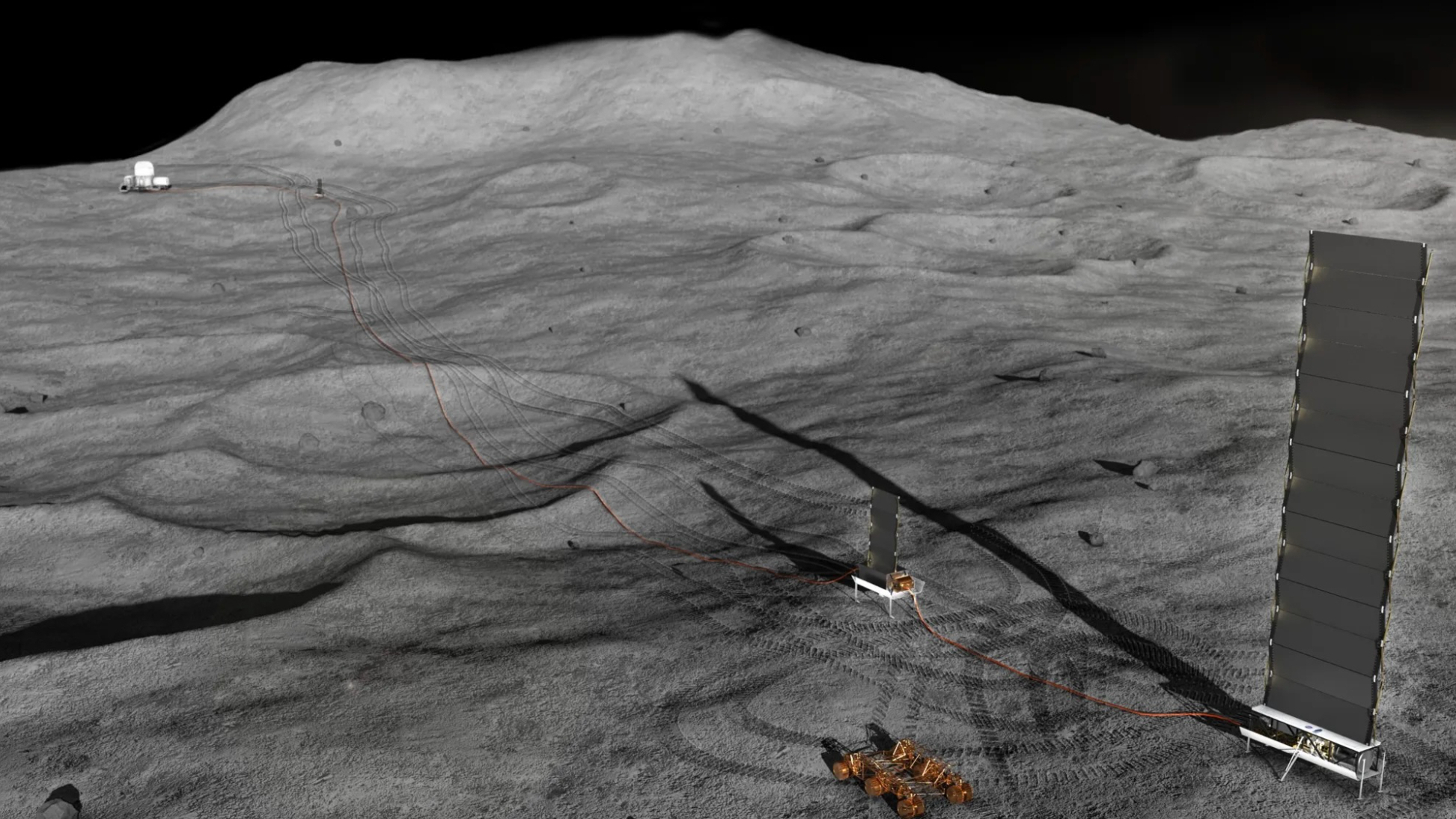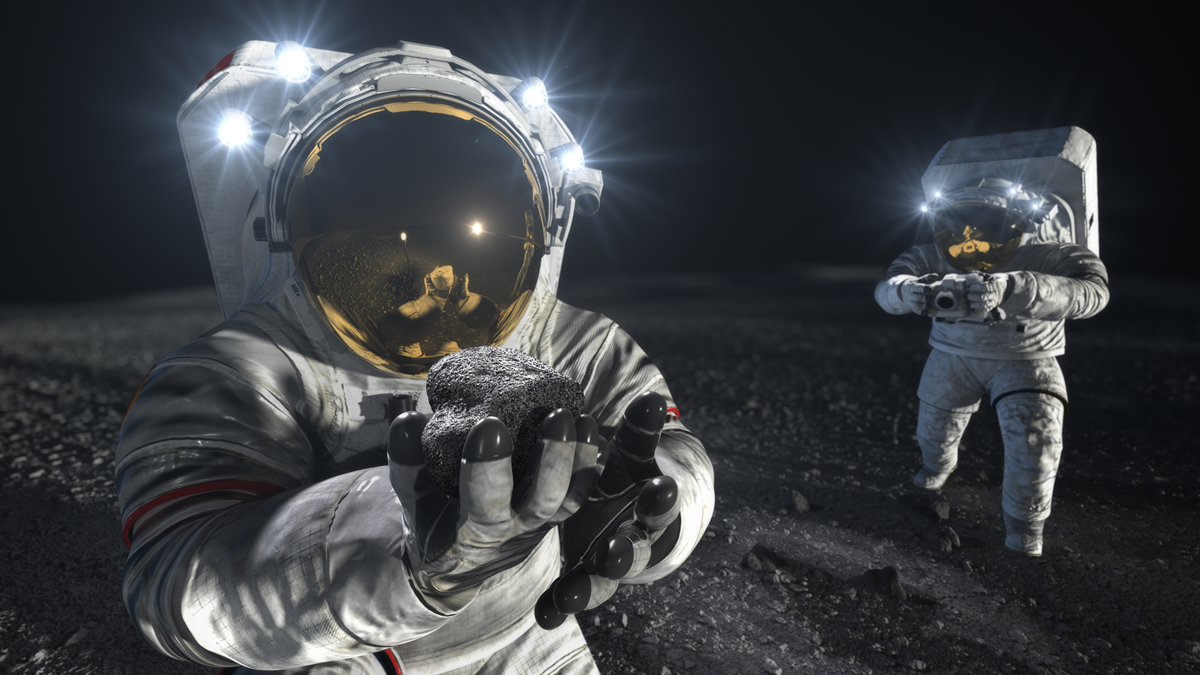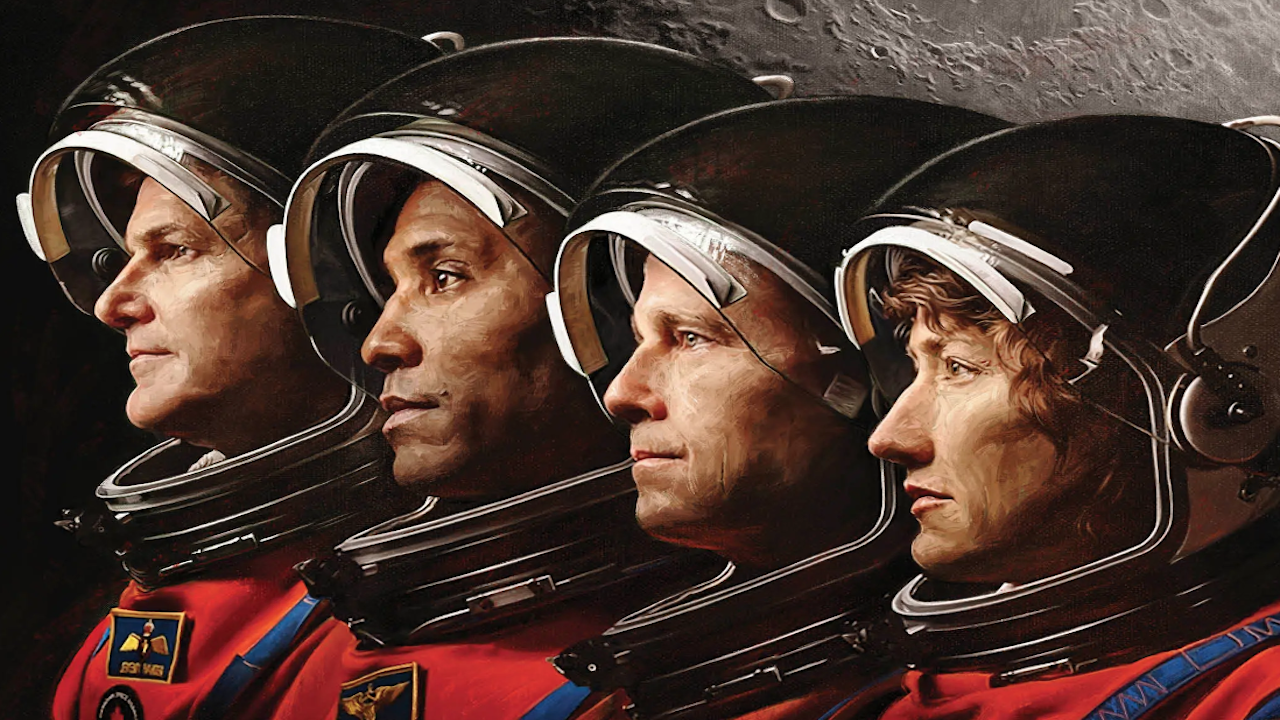NASA aiming to build nuclear reactor on the moon by 2030

NASA is accelerating its plans for a nuclear reactor on the moon.
For several years now, the agency has been working to get a 40-kilowatt fission system ready for launch to the moon by the early 2030s. But interim NASA chief Sean Duffy is about to announce a more ambitious path, via a directive set to be released this week, according to Politico.
"The reactor directive orders the agency to solicit industry proposals for a 100-kilowatt nuclear reactor to launch by 2030, a key consideration for astronauts' return to the lunar surface," Politico reported on Monday (Aug. 4).
NASA is working to return astronauts to the moon via its Artemis program, which aims to establish one or more bases on the lunar surface by 2030 or so.
Nuclear power systems are a key part of this vision. Solar isn't a great option for a crewed outpost; because the moon rotates so slowly, nighttime on the moon lasts about two Earth weeks.
China also plans to set up a moon base, in partnership with Russia and a number of other nations. Duffy's coming directive is geared toward beating China to the punch, Politico wrote.
The directive states that the first nation with a moon reactor could "declare a keep-out zone, which would significantly inhibit the United States," according to Politico.
Breaking space news, the latest updates on rocket launches, skywatching events and more!
President Donald Trump tapped Duffy — a former Fox Business Channel host and "Real World: Boston" star who's also the U.S. Secretary of Transportation — to be NASA's interim administrator on July 9.
The appointment came five weeks after Trump withdrew the nomination of his original choice for NASA chief, billionaire entrepreneur and private astronaut Jared Isaacman. That surprise move came just a week or so before Isaacman was set to be confirmed by the U.S. Senate.

Michael Wall is a Senior Space Writer with Space.com and joined the team in 2010. He primarily covers exoplanets, spaceflight and military space, but has been known to dabble in the space art beat. His book about the search for alien life, "Out There," was published on Nov. 13, 2018. Before becoming a science writer, Michael worked as a herpetologist and wildlife biologist. He has a Ph.D. in evolutionary biology from the University of Sydney, Australia, a bachelor's degree from the University of Arizona, and a graduate certificate in science writing from the University of California, Santa Cruz. To find out what his latest project is, you can follow Michael on Twitter.
You must confirm your public display name before commenting
Please logout and then login again, you will then be prompted to enter your display name.

